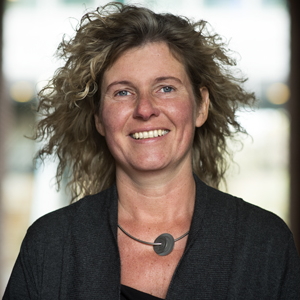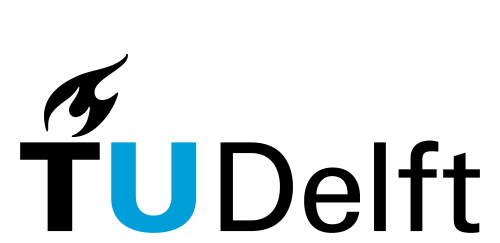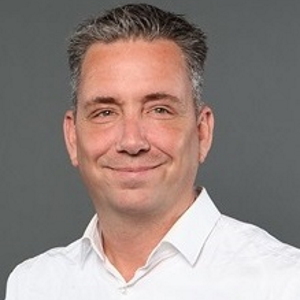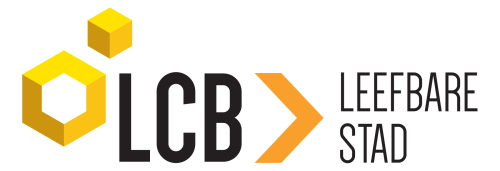digital twins: opportunities for mobility, logistics, circularity and covid-19
In collaboration with Ruimteschepper KennisKring, Argaleo organises an inspiration session in which leading parties talk about the innovative application of Digital Twins. The advance of Digital Twins has only just started and many with us will already be amazed by the possibilities. It is even more interesting to look at them from a completely different perspective than the Geo/3D/BIM perspective. In this session, the following users and themes will be discussed, but from the same principles. With what and what are they surprised? What is the question and what does the twin approach yield?
Smart Mobility Dashboard


Sascha Hoogendoorn-Lanser, Director Mobility Innovation Centre Delft
With the advent of the COVID-19 pandemic, the other half-meter society made its appearance. When we are close together for a long time, the coronavirus spreads faster. The same is true if we move around a lot. But how do we know where or when it's too busy? Can we predict these crowds as well? And what can we do to better spread traffic? At TU Delft we are investigating this at a special location: our own campus. In addition to various open data sources on mobility, we have installed a special privacy-safe sensor system with which we collect data on the movements of cyclists and pedestrians. All data is visualized in the Campus Mobility Dashboard, a Digital Twin from the university campus.
The data can be used in the short term to inform campus management about developments in the bustle of the campus, what the critical locations are and to what extent the one and a half meter distance is feasible. This type of insight can be useful in a wide variety of ways, such as for class schedules, the introduction of one-way traffic on cycle paths, to advise people to take certain (quieter) routes, to travel at a different time or by a different means of transport. In the future, the sensor network and the digital should develop into a fully-fledged Mobility Lab for scientific research.
Atlas Liveable and accessible city


Joost de Kruijf, Programme Manager Liveable City
The modern city is characterized by striving for a perfect balance between economic accessibility, an environmentally friendly and liveable city for its residents and visitors. However interesting this ambition often sounds strategic, in practice it is all about being able to give shape to the challenges. The Logistics Community Brabant has Digital Twin developed the digital Atlas concept to give substance to the dialogue between policymakers and entrepreneurs, also activating the knowledge of research institutions. It is precisely the combination of public, enriched accessibility data and private data that makes it possible to create an up-to-date insight into today's city in order to start a dialogue about tomorrow's city. During the presentation, Joost discusses the ideas behind the Atlas, the practical elaboration of the Atlas and the exploration of tomorrow's questions.
circularity in map


Jim Teunizen, partner at Alba Concepts
The climate is changing, with all its consequences. The time has come to put a stop to this and to tackle climate change together with firm ambition. The Circular Economy is a body of thought that makes tackling this problem tangible and feasible. Jim, partner at Alba Concepts, takes you into his story with practical experiences and inspiring perspectives. Dates and Digital Twins He sees this as the means to ambitiously steer towards circularity in the built environment.
PLEASE NOTE: we go up to a maximum of 100 online participants.

